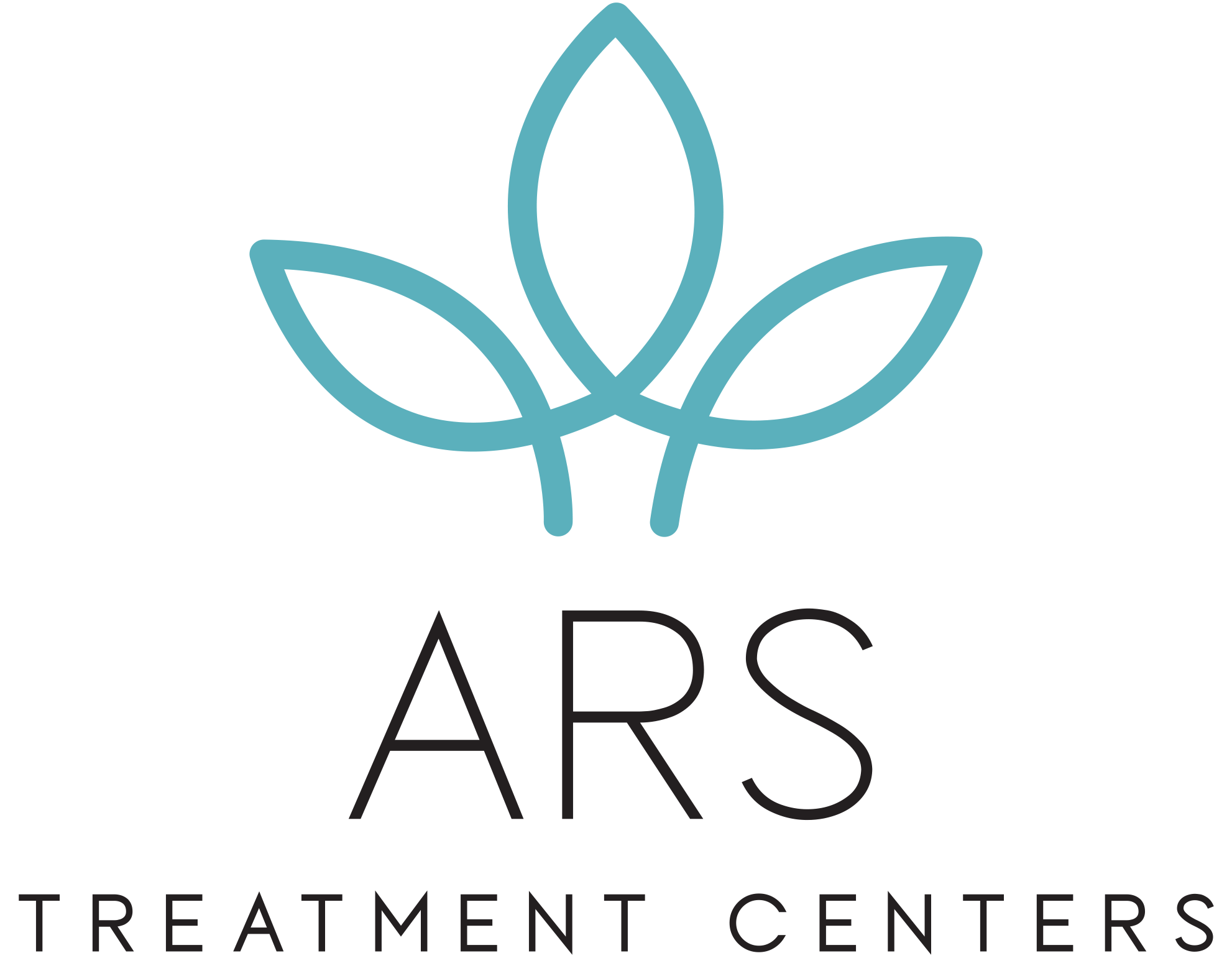06 Oct Recurrence Drift

Relapse prevention and the recognition of triggers are crucial components in the development of a healthy recovery process. Recurrence, formerly known as relapse, appears to occur without warning, and happen spontaneously in the moment. In reality, recurrence takes place after following a series of multiple and significant warning signs that frequently go unnoticed by individuals in recovery.
Signs of an impending incident of recurrence are often hard to identify by the recoveree and the gradual movement away from abstinence is usually too subtle for individuals to recognize. Denial can also play a role in the inability of persons in recovery to notice and prevent a recurrence. Recognizing triggers and subtle changes in behavior can be a valuable tool in the fight to maintain abstinence from the use of illicit substances. The slow and gradual steps a person takes away from abstinence can be compared to the unnoticeable movement of a ship as it moves away from the spot it is anchored.
When a ship drops anchor, the boat slowly moves from the spot the anchor was initially dropped. Before the passengers on the ship realize they have moved, someone looks at a landmark and realizes the boat has drifted far away from the spot that the anchor was originally dropped. The new location where the ship ends up is a considerable distance away from abstinence and can be compared to recurrence. Just like an individual does not notice the gradual move towards the loss of abstinence and the use of a substance, the passengers on the ship do not notice the boat moving. Although the boat has gradually moved, no one noticed, an individual in recovery does not notice the gradual signs and behaviors that eventually end with use of an illicit substance.
The anchor lines that keep the boat attached to the anchor and prevent the boat from drifting out to see can be compared to the fundamental elements and behaviors that keep an individual engaged in treatment and dedicated to the maintenance of a healthy recovery process. Components of recovery such as healthy eating, healthy coping skills and fun activities, rest and exercise, counseling sessions, and medication assisted treatment keep an individual connected to their healthy recovery process and prevent them from drifting out to be lost at sea and experiencing recurrence.
Paying close attention to our lives and keeping the landmarks in sight as we drift away from recovery can be a great help in avoiding recurrence and maintenance of a healthy recovery process. Without recovery and the components essential to its maintenance we can be boats lost at sea.
